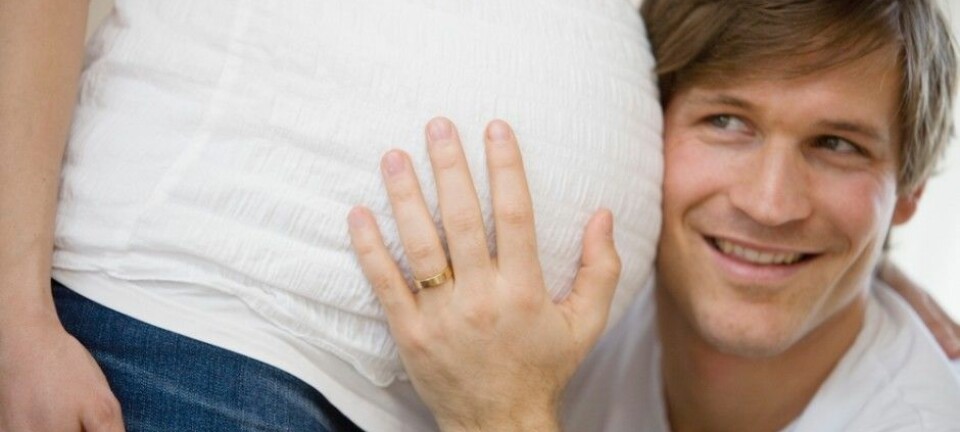
ID checks and stronger parental controls may be driving down teenage drinking habits
Young people in the Nordics are drinking less than they did a few decades ago. Finnish researchers think that this may be due to better controls — both by parents and by those who sell and serve alcohol.
The Nordic countries have seen a substantial decrease in underage drinking in recent years, even as alcohol consumption among adults has grown.
The most dramatic change is found in Iceland, where one study reported that the proportion of Icelandic 15-16 year-olds who said that they had consumed alcohol in the previous month dropped from 43 percent in 1999 to 8 percent in 2015.
While Iceland represents an extreme example, the trend in the other Nordic countries, with the exception of Denmark, is similarly high. What makes this even more striking is that each of these countries has completely different policies for controlling underage drinking.
It's getting harder to buy alcohol
Kirsimarja Raitasalo, a researcher at the National Institute for Health and Welfare in Finland and her colleagues analysed data from the European School Survey Project on Alcohol and Other Drugs to see if they could understand the factors behind the trend.
The survey, conducted every fourth year between 1999 and 2015 in more than 40 European countries, asked European 15-16 year-old students a number of questions about alcohol consumption and other substance use. During this period, consumption of alcohol in Finland in this age group dropped.
The researchers found that Finnish adolescents in the study said it was now more difficult to get alcohol. Raitasalo and her co-authors think this may be the most important explanation for the decline in alcohol consumption.
The results are published in a new study in the Drug and Alcohol Review.
Parents buying less alcohol and ID checks are on the up
The shift might also be partly due to parents becoming less willing to serve or buy alcohol for their children. At the same time, friends who might have once bought for their peers are also drinking less and thus are less likely to provide alcohol.
But Raitasalo thinks perhaps the most important factor is that it has become much more common to check IDs in stores selling alcohol.
And many more young Finns reported in 2015 that they thought it was risky to drink at least six units of alcohol each weekend compared to 1999.
Parents keep tabs on their kids
Parents are also increasingly aware of where their children are at all times, says Raitasalo.
“This is not just about control. It’s also about a new form of relationship between parents and children. Other studies have shown that the dynamics of families have changed. Parents and children have a better and more respectful relationship with each other,” she said.
The great growth of communication technology during the period also makes it much easier to keep in contact and be contacted.
That also makes it much easier for parents to check in on their children at any time and see what they are doing, Raitasalo said.
Technology has also reduced the need for adolescents to go out to get together with friends. Instead, they can meet virtually, in the digital world.
Better parent-child relationships
Independent of Raitasalo’s work, researchers at the Norwegian Institute of Public Health in Norway have combed the international literature to see if they, too, could explain the widespread drop in adolescent drinking.
They looked at 65 studies from countries across the world to try to explain the trend. One common factor they found was that parents of teens have become much more restrictive in relation to their children's use of alcohol, and fewer young people get alcohol from home when they are going to a party.
At the same time, the quality of the parent-child relationship has improved.
Today, parents of teens have a closer relationship with their children than ever before. A wealth of research shows that good relationships between parents and their teenage children protects teens from consuming high levels of alcohol and drunkenness, researcher Hilde Pape wrote in a recent commentary published on Forskning.no, ScienceNordic’s Norwegian sister site.
However, it is puzzling why parents in completely different parts of the world have changed for the better, says Pape.
Nor can it be established that these changes in parent-child relationships are a reason why young people drink less than before, she wrote in her commentary.
----------------
Read more in the Norwegian version of this article at forskning.no



































